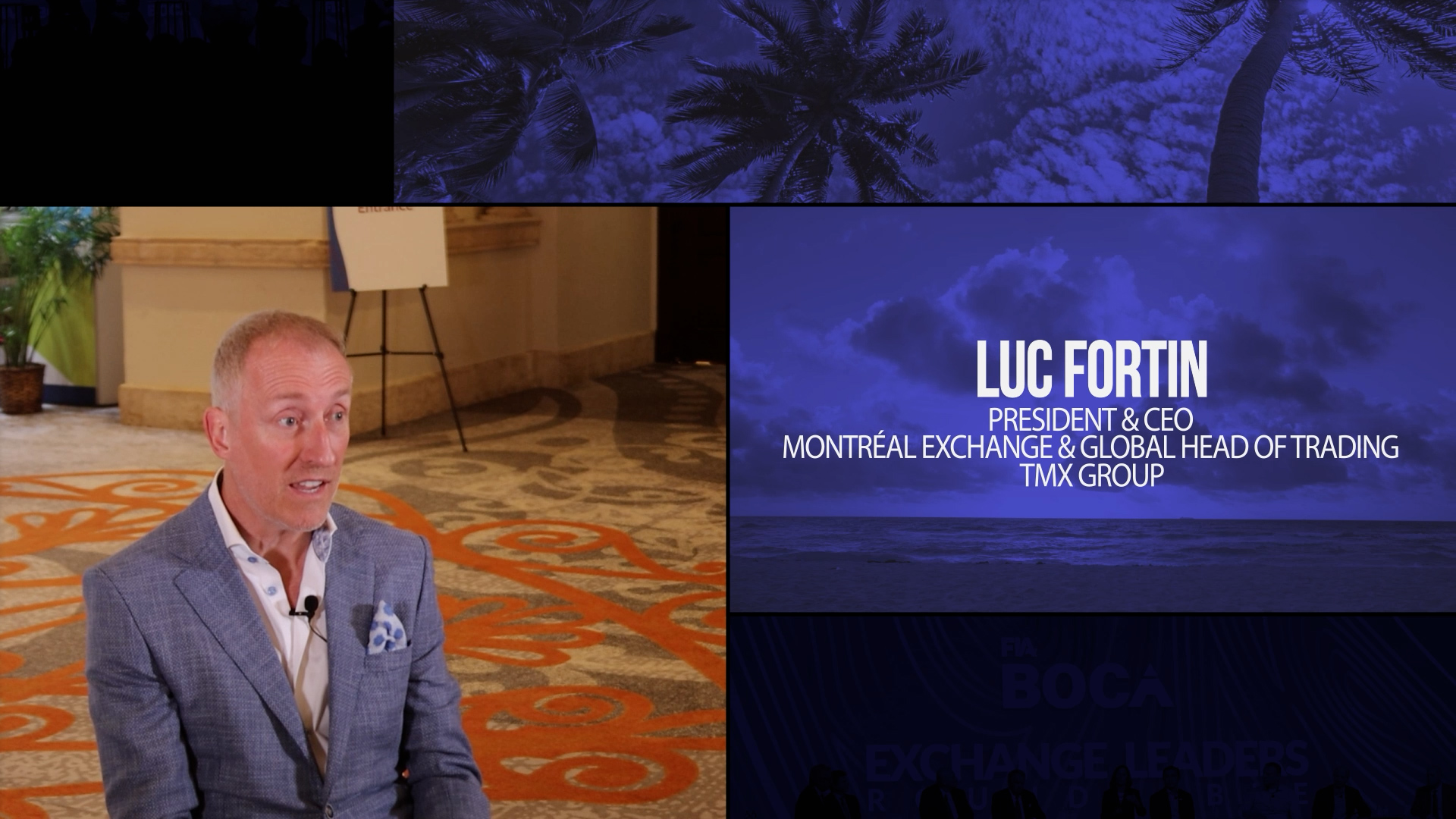The head of Europe’s largest exchange operator has criticised the EU’s proposed creation of a central stock trading database, warning that retail investors risk falling victim to more sophisticated traders.
Stéphane Boujnah, chief executive of Euronext, told the Financial Times that plans for a consolidated live database of stock and bond prices trading across Europe could create a wealth of trading opportunities for bigger firms with greater reach, while harming smaller investors by leaving them unable to access the best prices.
“Real time means being [ . . .] a victim of arbitrage,” he said. “We are sceptical of the benefit of a pre-trade consolidated tape,” he added, referring to an element of the proposed prices database.
EU officials are conducting a review to try and make Europe’s capital markets more efficient and thus attractive to investors. Exchange operators, brokers and asset managers are among those who have been lobbying legislators aggressively on the plans for months.
Among the most contentious proposals is the potential introduction of a consolidated tape — a live database designed to overcome the region’s issue of patchwork trading venues and data feeds. The European Commission is seeking to follow in the footsteps of the US where the New York Stock Exchange, Nasdaq and other trading venues jointly publish real time equity data including prices and share volumes.
A pre-trade consolidated tape would show real time price information, while a post-trade tape would record completed transactions.
Those opposing a pre-trade tape argue that retail investors in particular would lose out by not being able to access all the trading venues open to institutional players such as hedge funds and lightning-fast computer-driven traders, which will find it easier to exploit price anomalies.
Boujnah is in favour of a post-trade tape but said a pre-trade database risked creating “arbitrage opportunities against those [investors] with low rated platforms” that cannot easily access all trading venues, and that “a non-level playing field is really creating fragmentation of price formation and diluting transparency, creating opacity”.
Paris-based think-tank Eurofi wrote last year that “retail investors who are not able to engage in price arbitrage between a variety of markets, unlike high-frequency traders, will probably not benefit that much from a real-time consolidated tape”.
Data providers have largely backed the proposals. Euronext is one of 14 exchanges that have agreed to collaborate on providing an equities tape across the EU. However, Boujnah said he would prefer a “real-time post trade [tape] supplemented with a snapshot of pre trades” rather than constant real time pre-trade price information.
A consolidated tape will require exchanges that supply data to share revenues. The Federation of European Securities Exchanges last year pointed to a “potential threat of a real-time [consolidated tape] to the viability of smaller exchanges”.
Asset managers are largely in favour of the move to a consolidated tape. The European Fund and Asset Management Association, which represents more than 4,500 asset managers in the EU, has advocated for its creation, saying it would provide investors with greater transparency.
The European parliament’s Economic Committee is set to begin negotiations on the Markets in Financial Instruments Regulation (Mifir) review proposal with the European Council of member states and the Commission with the aim of reaching an agreement later this year.
Boujnah also called for “systematic internalisers”, which are investment firms such as banks that can execute trades off exchange, to be treated like stock exchanges. “The only place where a price should be formed is a proper order book, not in a sort of shadow price record,” he said. He added that such firms act “like a type of Uber that are allowed not to abide by the driving code” and if they grow too large then “that can create potentially . . . all sorts of systemic risk and stress”.
Boujnah also called for a ban on payment for order flow, the controversial trading practice that was thrust into the limelight during 2021’s meme stock frenzy, whereby retail brokers make money by selling their customers’ orders to large trading firms.
“We hope the [EU Mifir negotiations] will focus on what is good to reduce fragmentation and increase transparency,” he added.
EU stock trading plans risk hurting small investors, warns Euronext CEO
